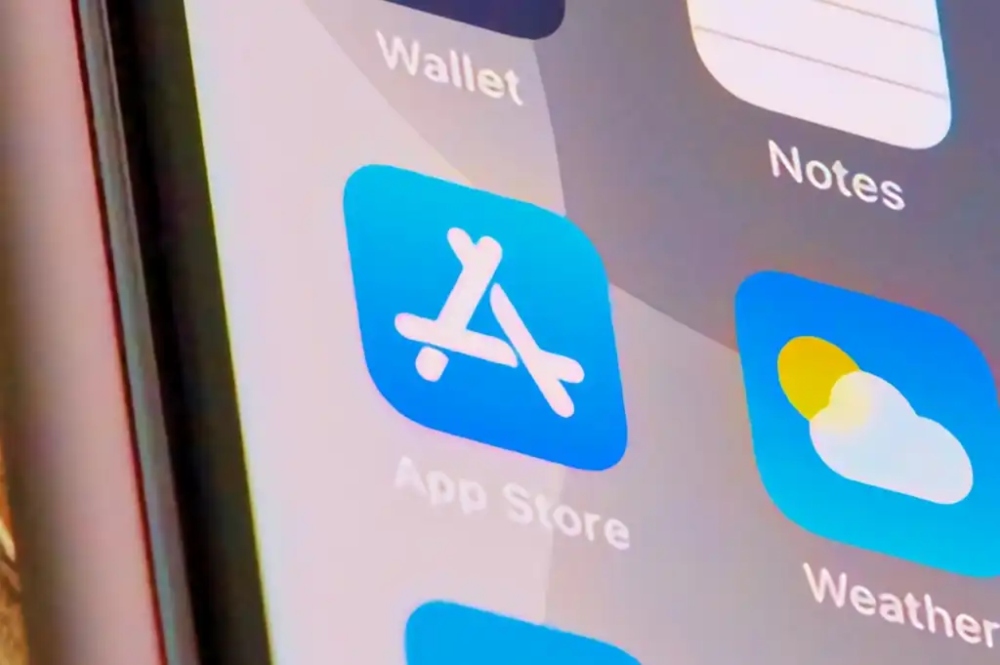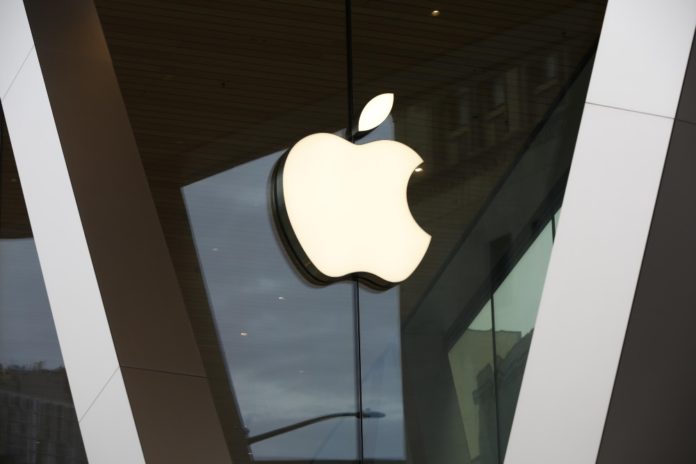Apple is gearing up for significant changes that will reshape how users interact with the App Store and iOS in Europe. These updates, slated to roll out in March, aim to comply with the new regulations while also addressing concerns about user privacy and security.
The App Store Evolution
One of the most notable changes is the shift towards allowing users in the EU to download apps and make purchases from sources outside the traditional App Store. Apple, traditionally resistant to such alterations due to potential security risks, is now embracing this change. Phil Schiller of Apple highlighted that these changes are about complying with the Digital Markets Act while also mitigating the potential risks to user privacy and security.

Developers stand to benefit the most from these alterations. They will now have the freedom to take payments and distribute apps from outside the App Store, marking a significant departure from Apple’s previous strict control. The new “Notarization” review process will still be enforced for non-App Store apps, focusing on platform integrity and user protection against malware.
Commission Restructuring
Apple is also overhauling its commission structure. Developers will pay a reduced 17 percent on subscriptions and in-app purchases, further decreasing to 10 percent for most developers after the first year. However, a new 3 percent “payment processing” fee and a flat €0.50 “core technology fee” for all app downloads after the first 1 million installations are introduced. Apple contends that these changes will result in most developers paying the company less than they currently do.
Beyond the App Store, Apple is introducing new APIs that allow app makers access to the iPhone’s NFC chip for wireless payments, opening the door to tap-to-pay transactions independent of Apple Pay.

Innovations and Improvements
Additionally, Safari, Apple’s web browser, is undergoing changes. European iOS users will now be immediately prompted to choose their default browser after the iOS 17.4 update. Browser developers can also use engines other than Apple’s WebKit, potentially leading to faster and better-performing alternatives like Chrome and Firefox.
As Apple navigates these transformative changes, users and developers in Europe can anticipate a shift in the digital landscape, creating new opportunities and challenges alike. The EU’s Digital Markets Act has set the stage for a more open and competitive app ecosystem, and Apple is adapting to meet these evolving demands.
Stay tuned to Brandsynario for more.










































